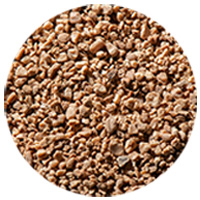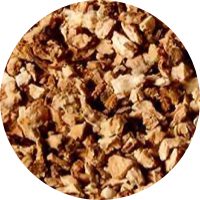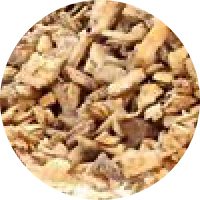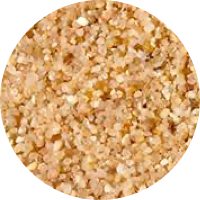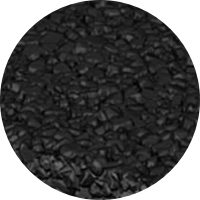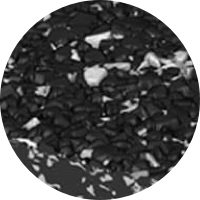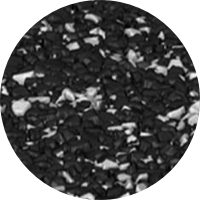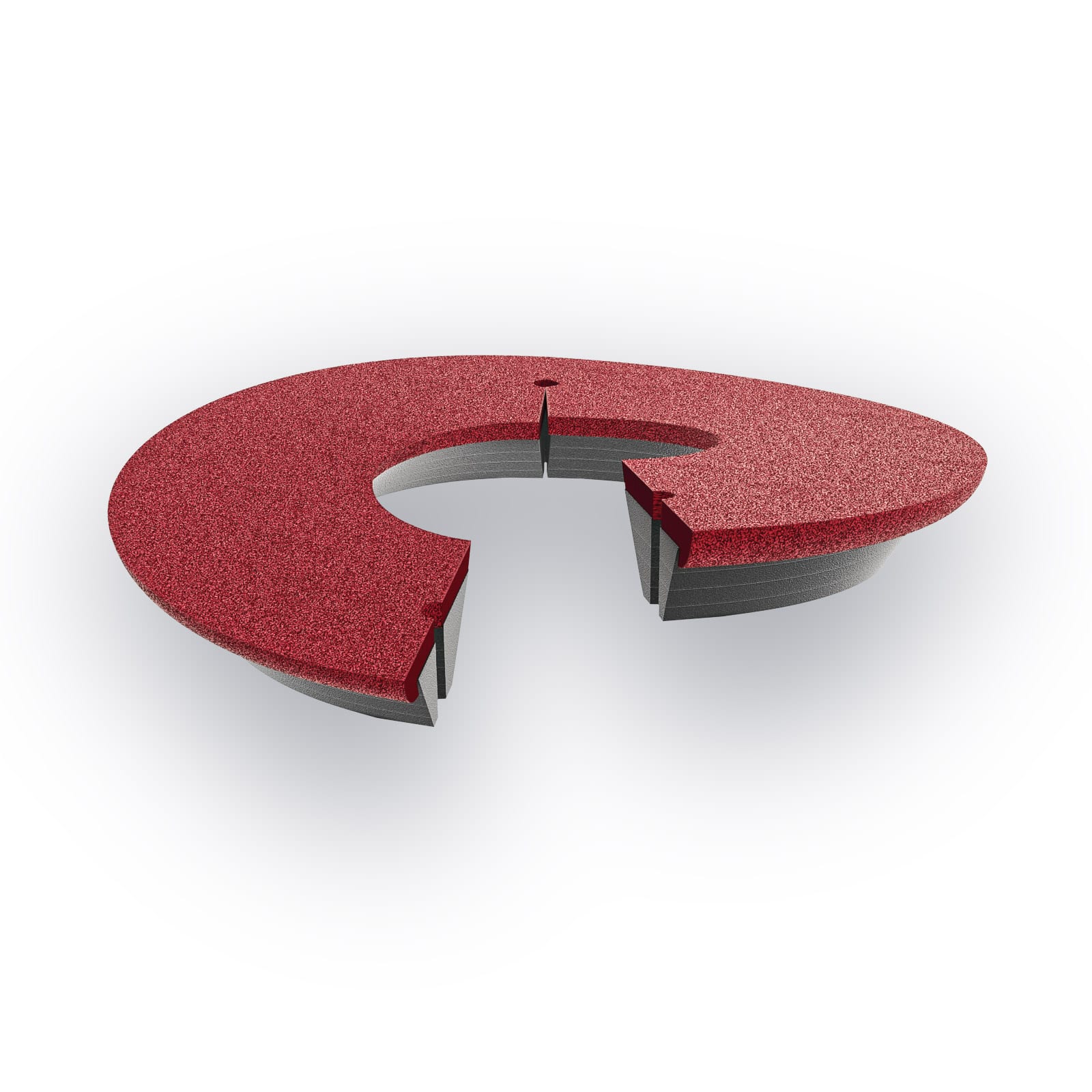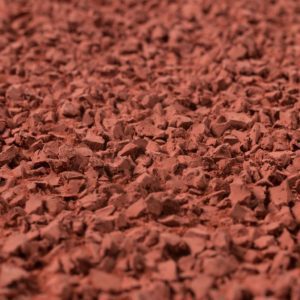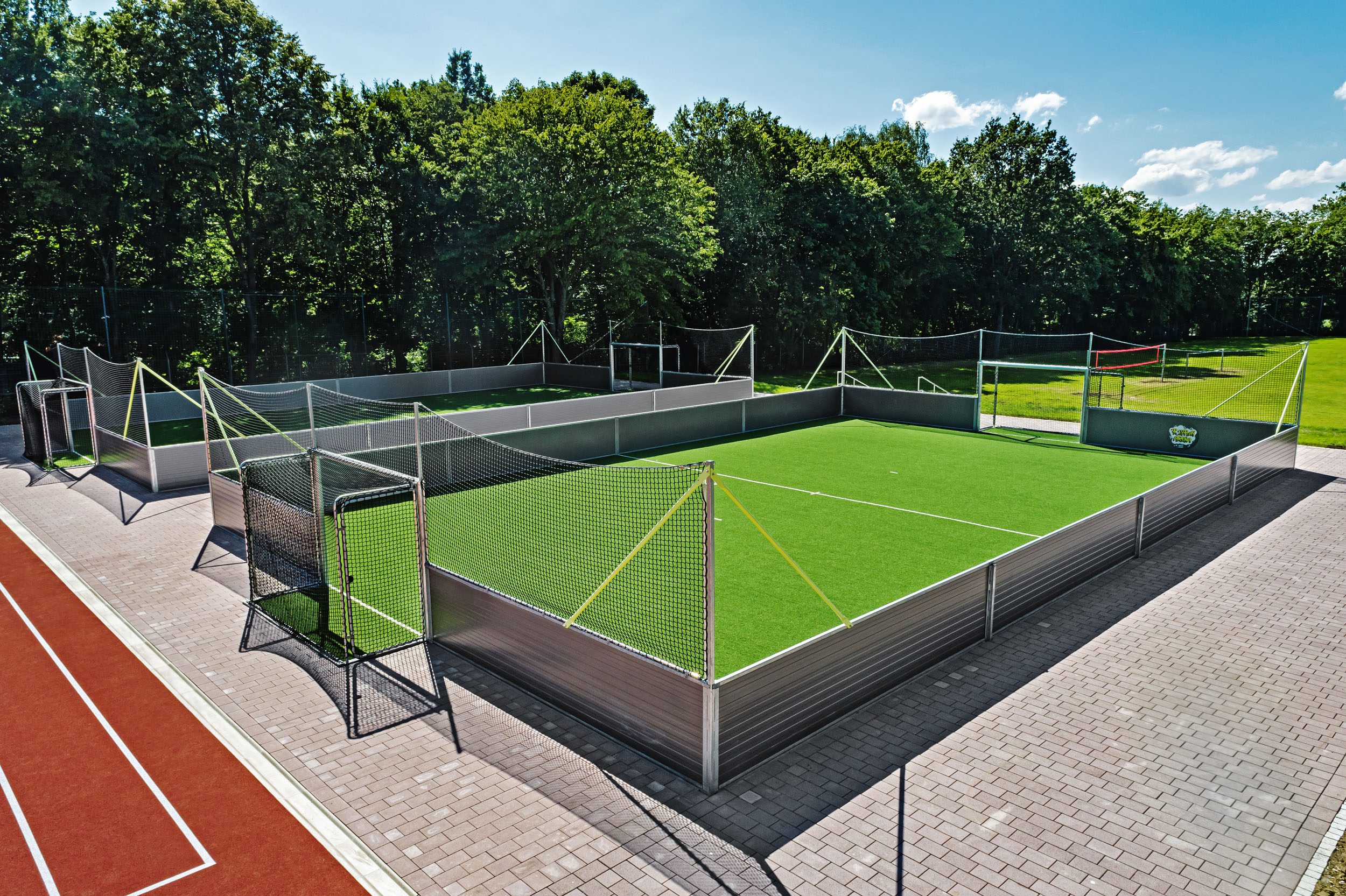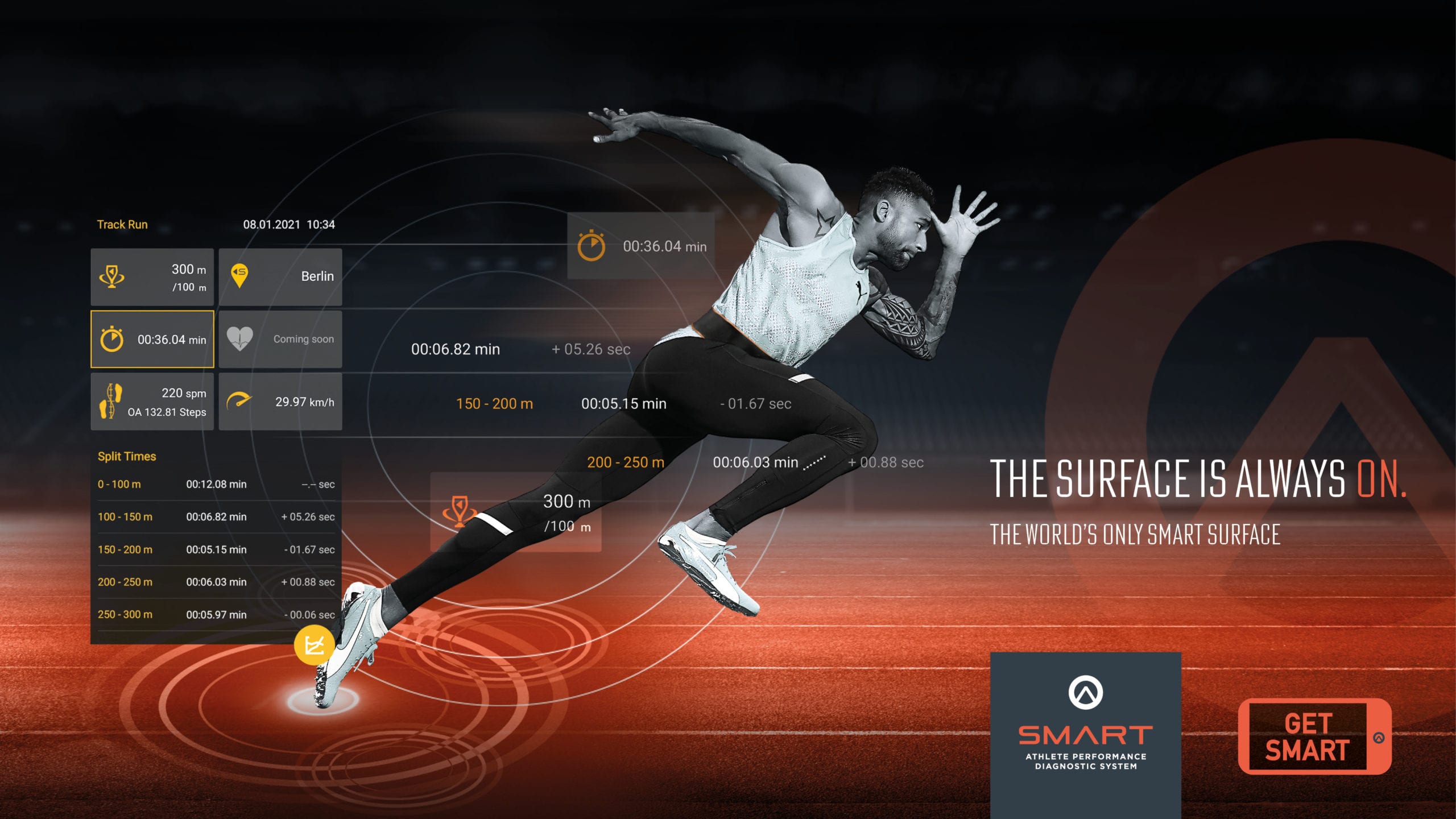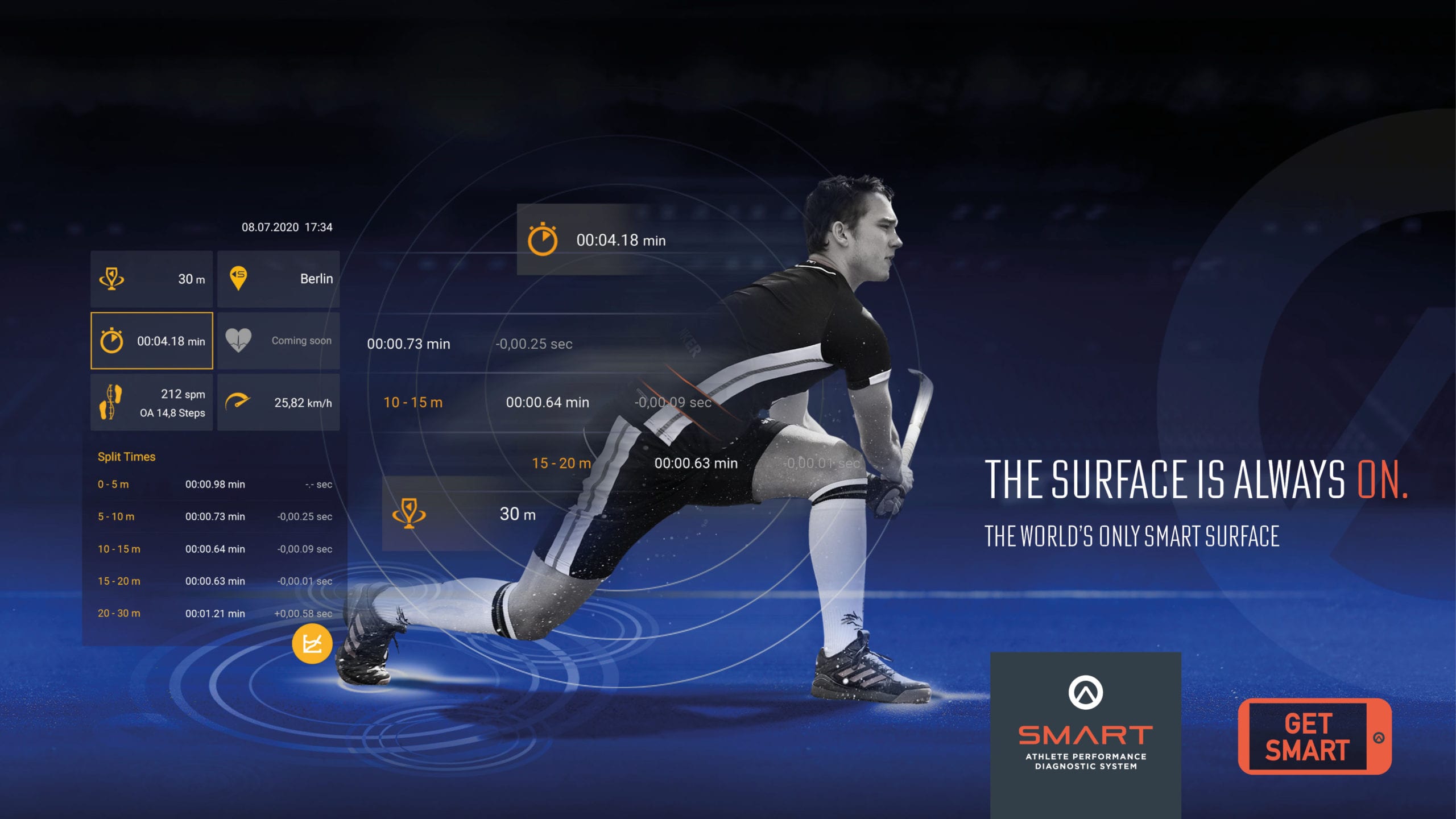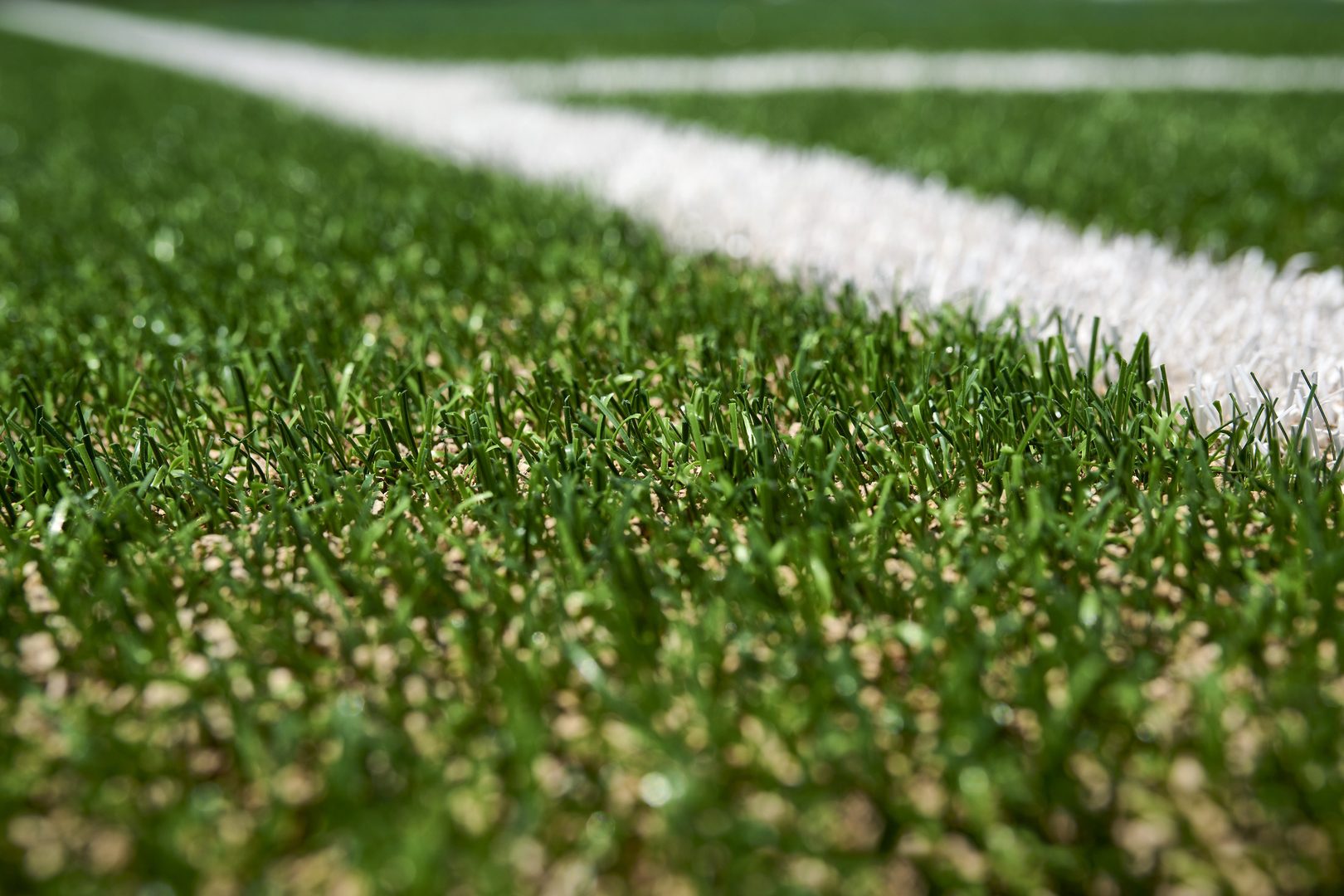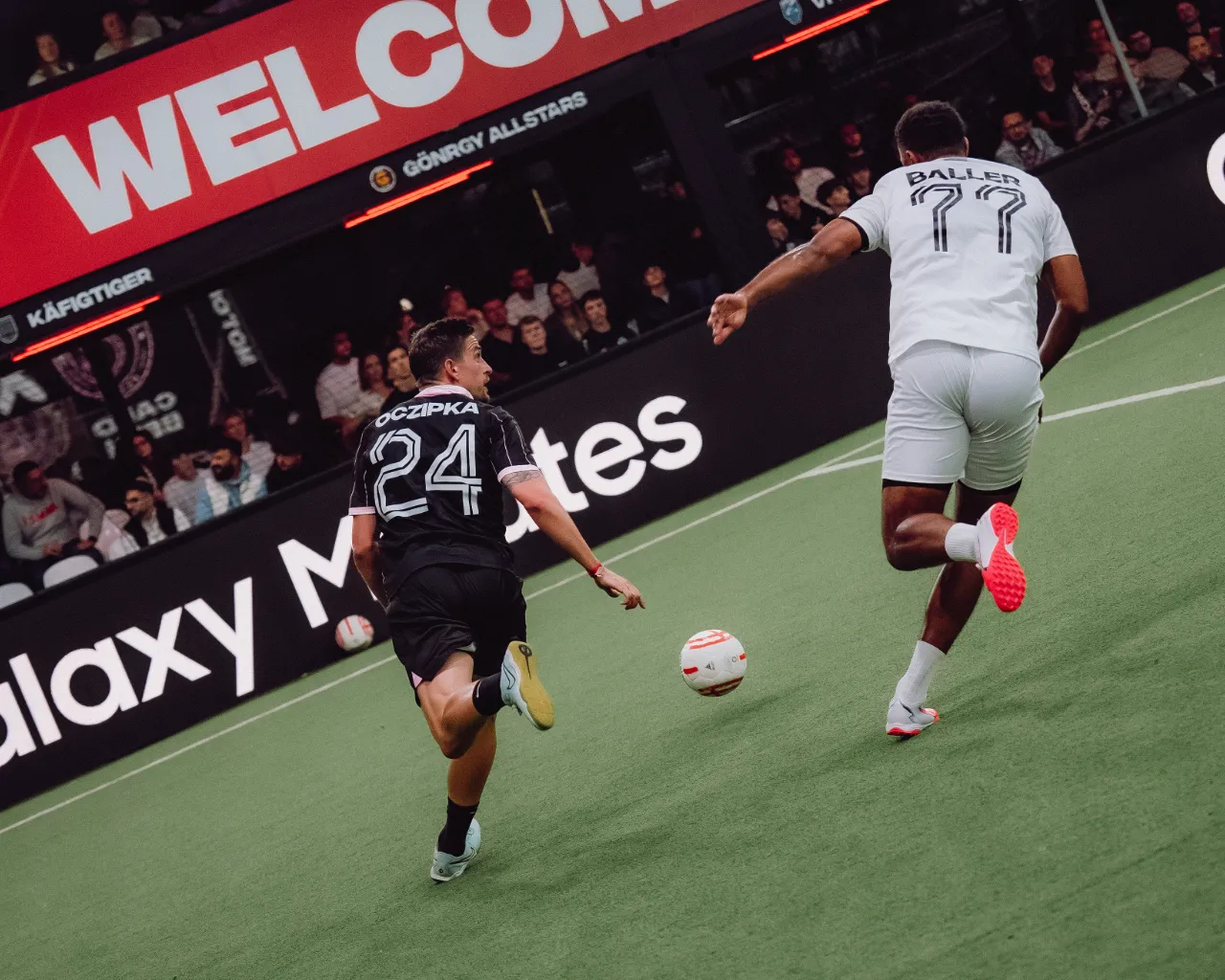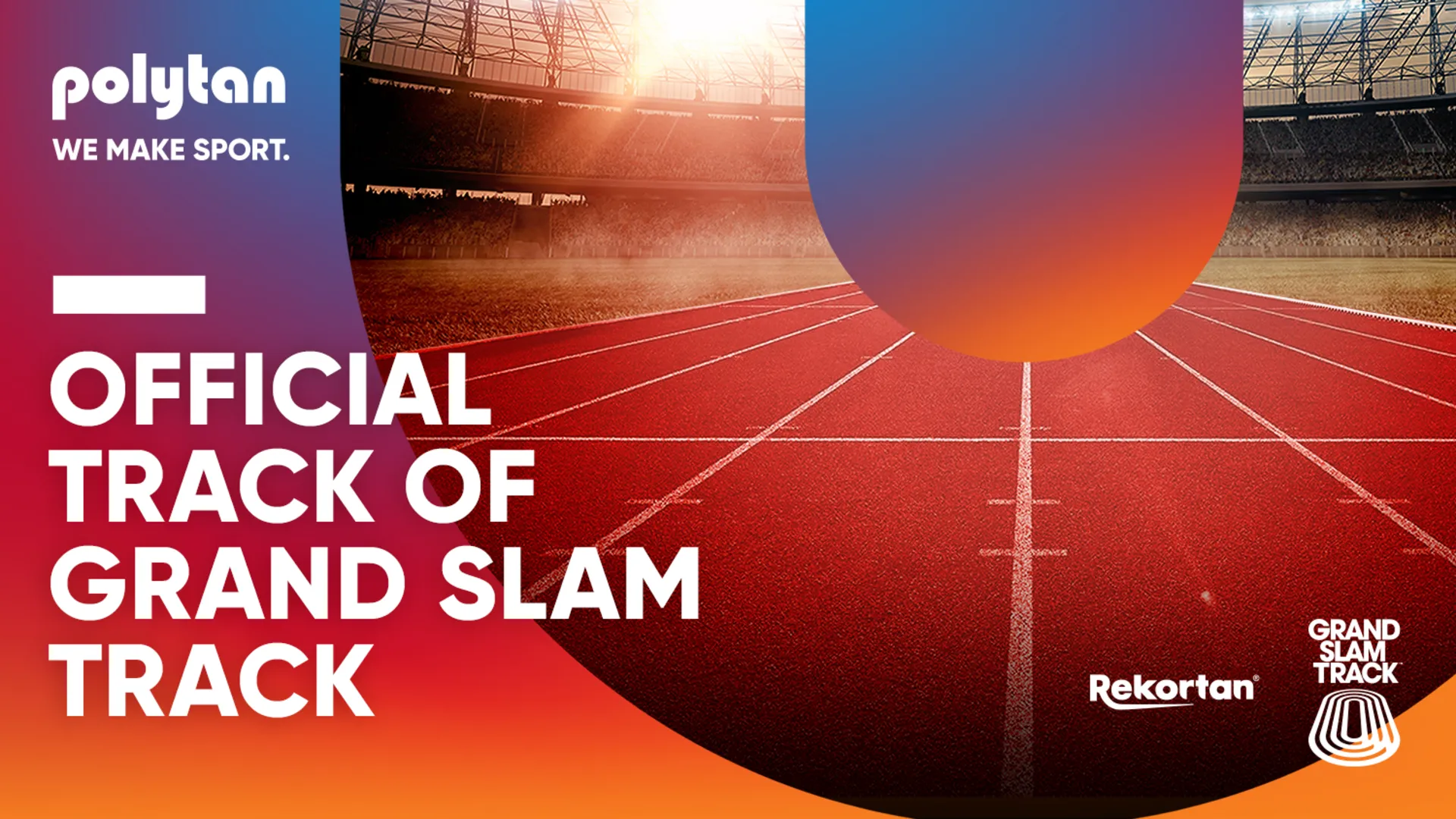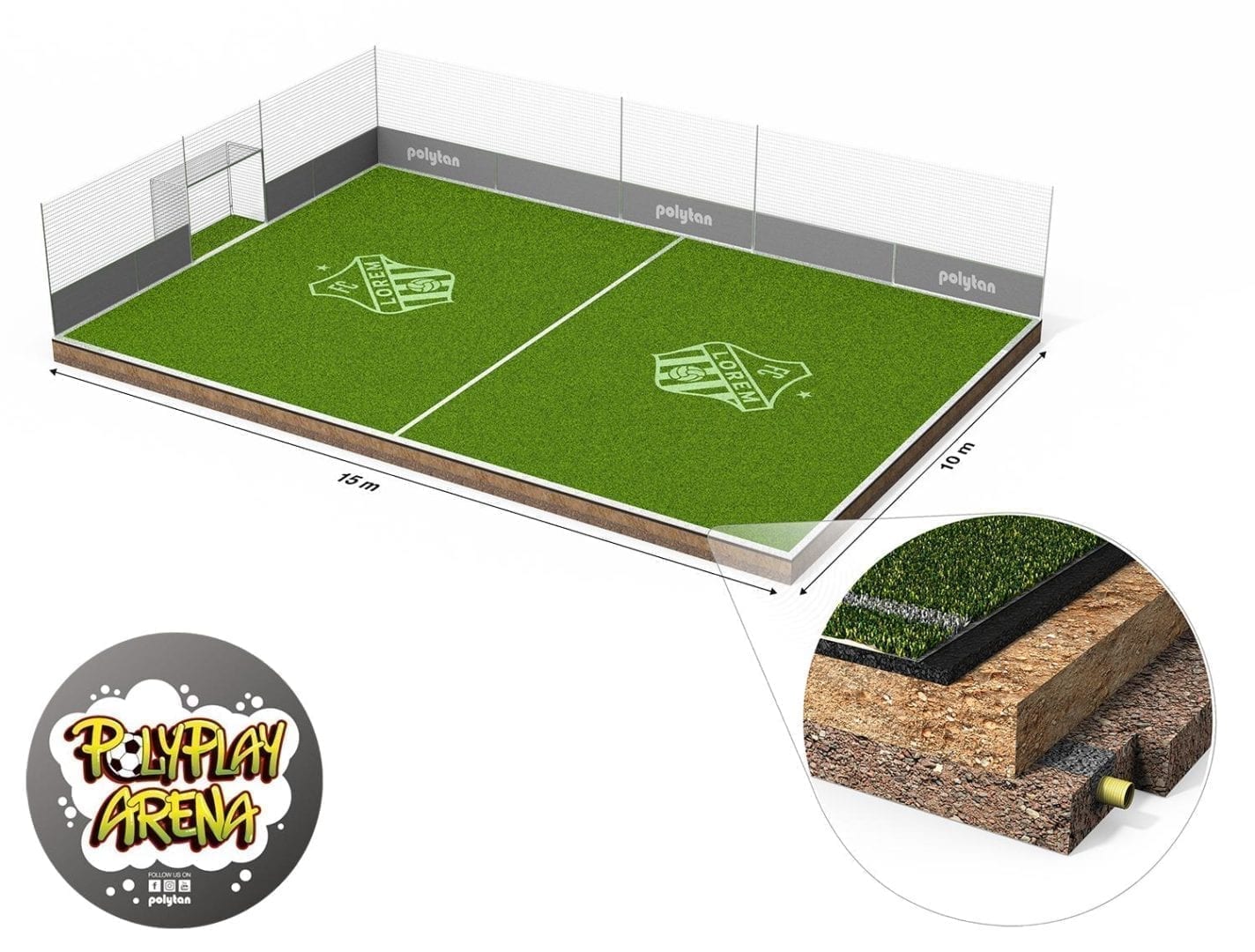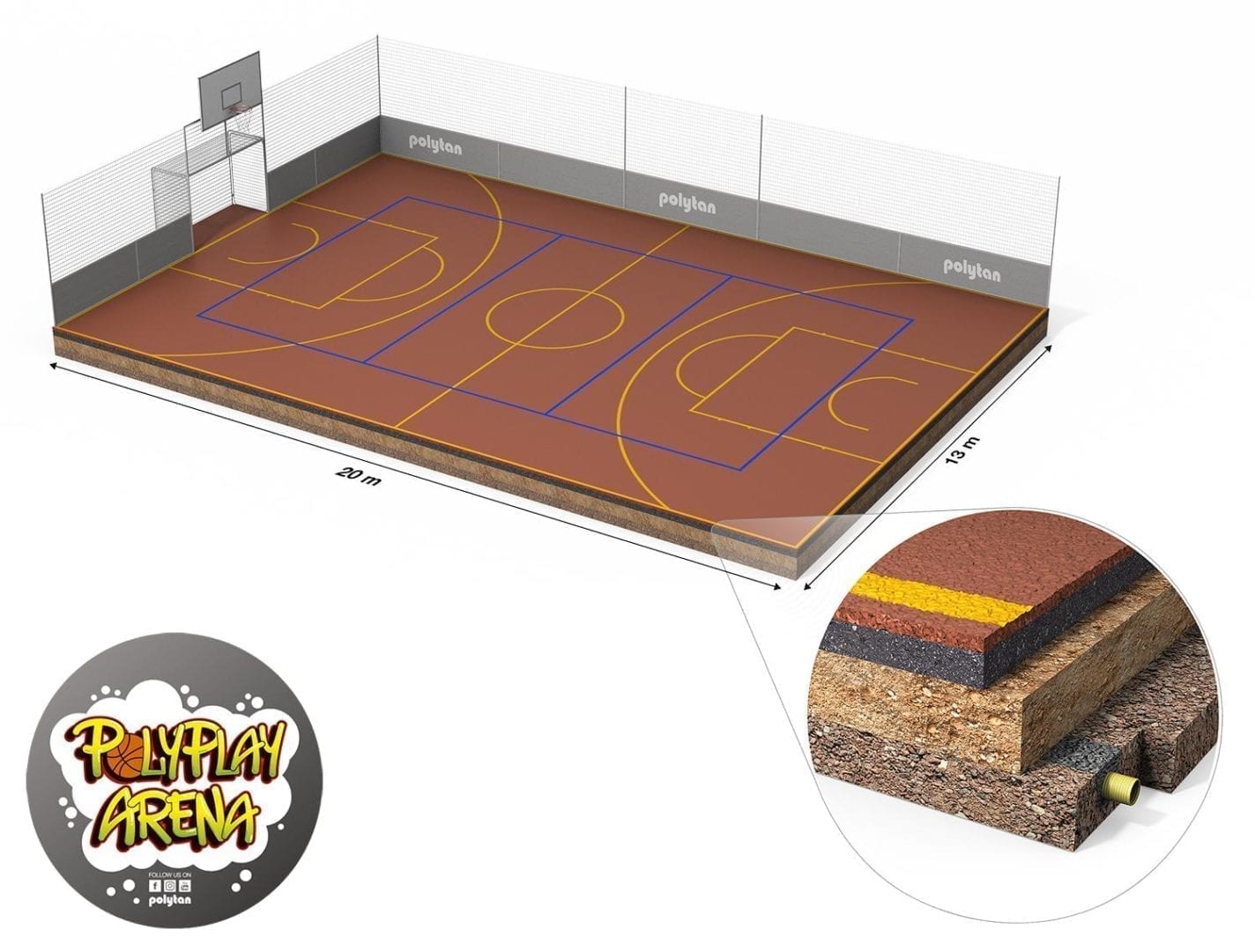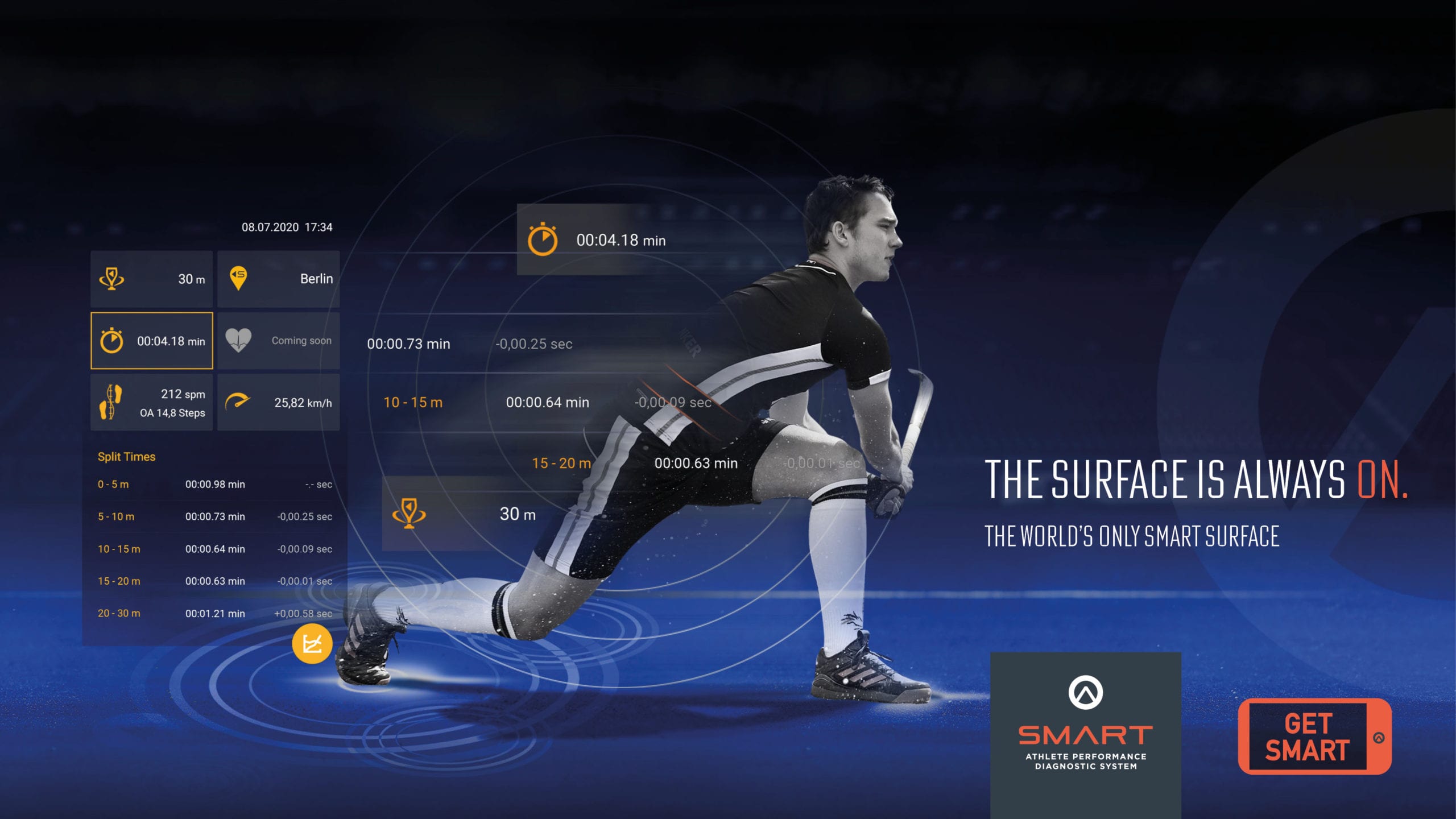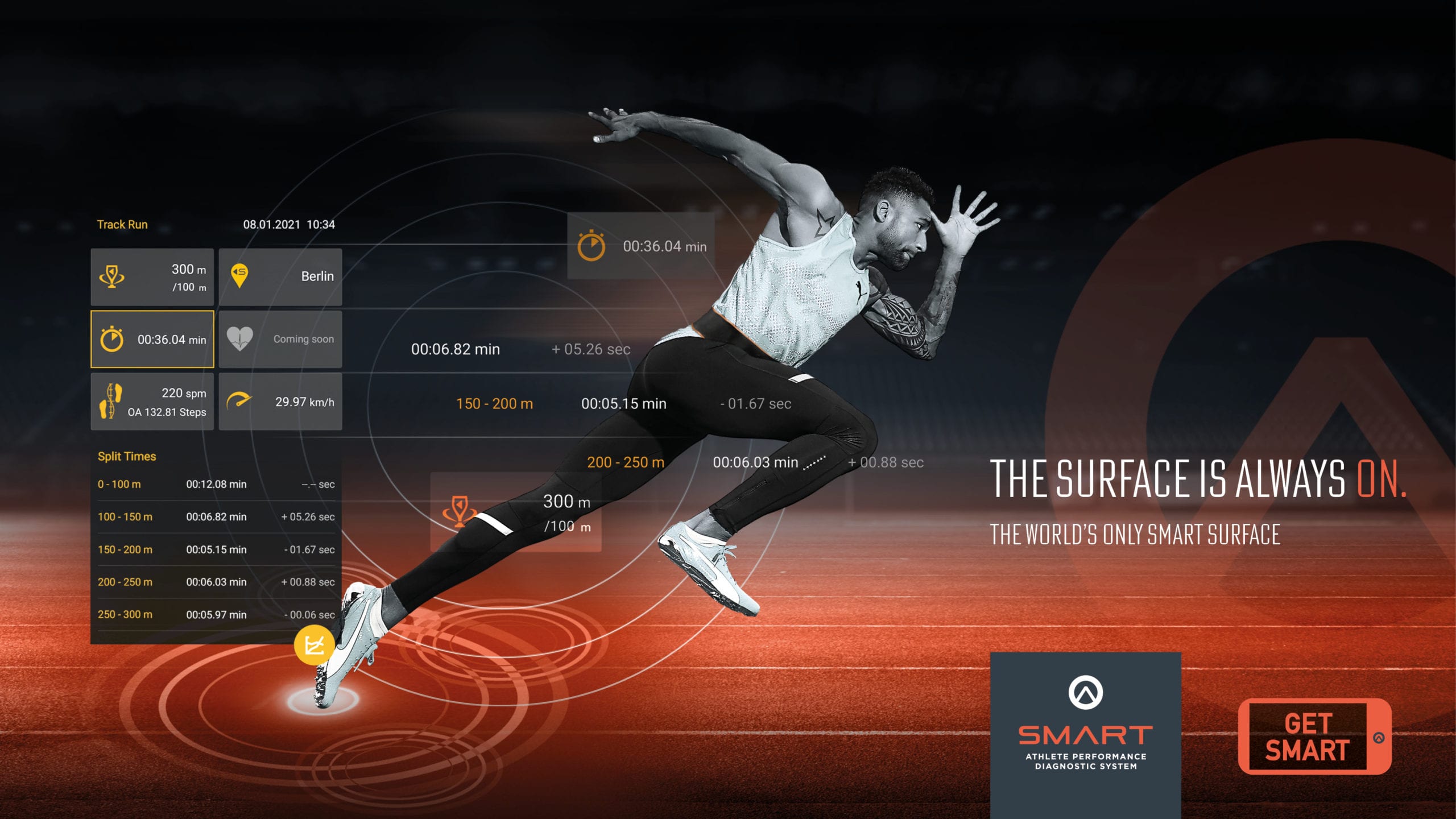On 25 September 2023, the EU banned the introduction of primary microplastics into the environment. Many industries are affected by the ban – including producers of synthetic sports surfaces as the rubber granules spread on the surfaces to cushion and improve playing characteristics are considered microplastics.
Affected industries have different amounts of time to implement the ban. For the synthetic turf sector, there is a transition period of eight years, i.e., until 2031. In contrast, the cosmetics industry must implement the necessary changes immediately.
Anticipating such a decision, Polytan has already taken measures to prepare for the transition. In Germany, for example, the company now only installs synthetic turf systems with infill of sand and natural materials, such as cork and wood chips, etc. In 2017, Polytan introduced Green Technology – a new generation of highly developed products that are particularly resource- and climate-friendly – thereby further developing particularly sustainable sports surfaces. For example, Polytan has introduced the LigaTurf Cross GT zero, the world’s first climate-neutral synthetic turf. The Poligras Paris GT zero synthetic hockey turf, which will be used at the 2024 Olympic Games in Paris, is also climate-neutrally produced. LigaTurf Cross GTR, meanwhile, is the world’s first synthetic turf produced with a combination of bio-based raw materials and recycled materials.
As a result of the discussions surrounding the ban on rubber granules and countless misleading media reports, uncertainty was created among many operators of synthetic turf pitches. Some reports even went so far as to falsely suggest that operators would be required to immediately shut down or rebuild pitches with existing rubber granule infills. We therefore wanted to answer take this opportunity to dispel any rumours by providing some key facts relating to the EU decision:
- No existing pitch with existing rubber granule infill needs to be closed. All existing pitches are grandfathered under the EU decision.
- During the eight-year transition period, pitches with rubber granules may still be installed. Alternative infill materials must be used from 2031 onward.
- Existing pitches may continue to be refilled with rubber granules during the transition period and until the end of their service life if the material is stockpiled appropriately prior to 2031.
- While it is generally possible to replace the rubber granules with natural infill, this decision needs to be made on a case-by-case basis and is therefore not mandatory.
- Appropriate maintenance and construction measures already help prevent the release of rubber granules as far as possible. Football associations (e.g., The German Football Association) and the European standardisation authority have issued recommendations and instructions in this regard.
- In Germany, rubber granules are no longer used in new communal pitches as they would no longer be subsidised by the public sector.
- Since synthetic turf pitches have a service life of 12-14 years, planners should consider the above information and decide whether it is sensible to use rubber granules as infill for new communal pitches.
Should you have questions about the EU decision or want to find out more about our Green Technology synthetic turf systems featuring natural fillers, please email us at info@polytan.com and let us know your preferred method of correspondence.
